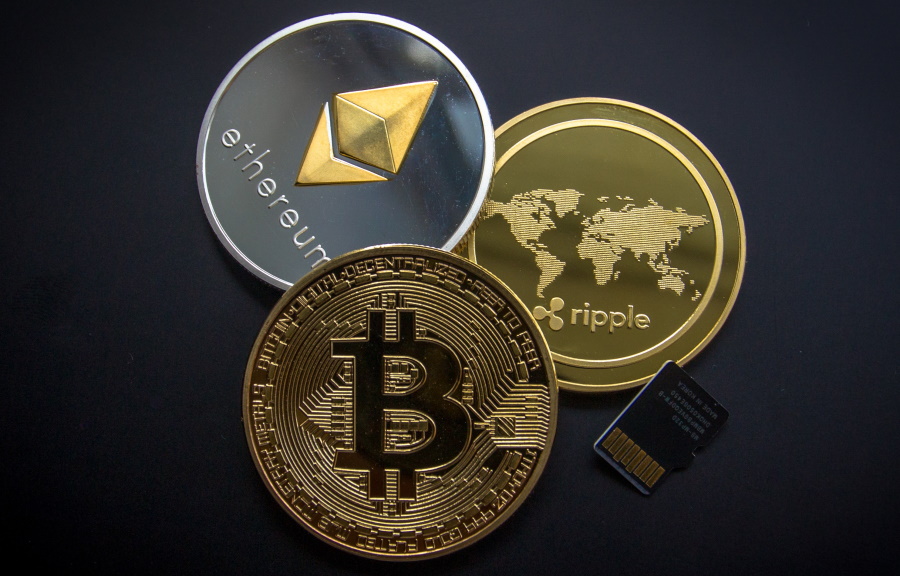The arrests seem to be a continuation of Beijing’s broader crackdown on cryptocurrency, which last month saw banks and payment firms banned from offering crypto-related services. China already bans cryptocurrency exchanges and initial coin offerings (ICO), but is testing its own central bank-backed digital currency. The ministry announced the police had busted over 170 criminal groups which used cryptocurrencies for money laundering. It also said the launderers charged their criminal clients a commission of 1.5% to 5% to convert ill-begotten funds into digital currencies via cryptocurrency exchanges.
China’s Payment and Clearing Association described cryptocurrencies as an increasingly “important channel for cross-border money laundering” due to their anonymous, convenient and global nature, Reuters said. Despite the strides made by cryptocurrencies at gaining public acceptance in the recent years, they seem to be hitting a rough patch right now. In addition to China’s intensifying hostility to cryptocurrency, Elon Musk’s Tesla reversed its decision to accept bitcoin as payment for cars. One bright spot is that El Salvador has now adopted bitcoin as legal tender, perhaps encouraging others to follow suit. (Source: Reuters. Images: Gaston Laborde / Pixabay, Worldspectrum / Pexels.)
